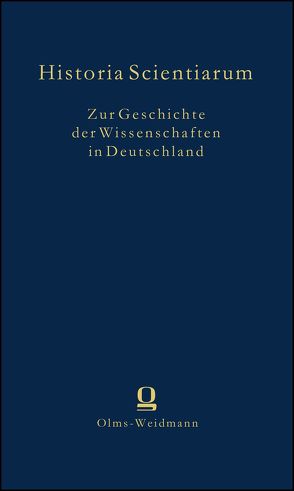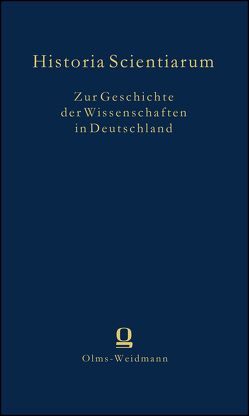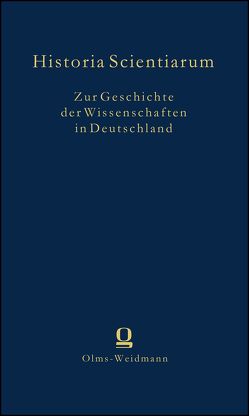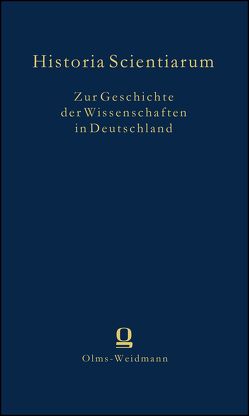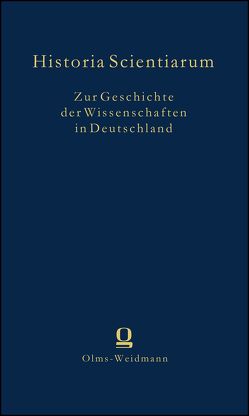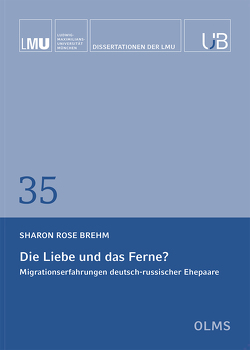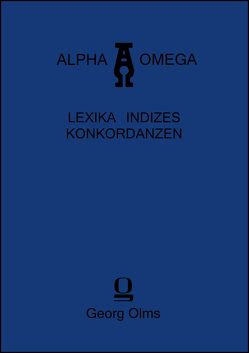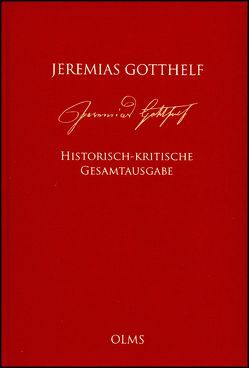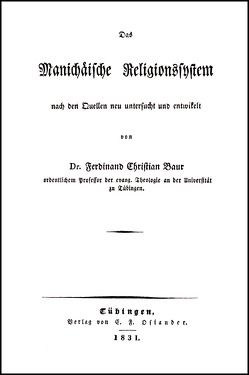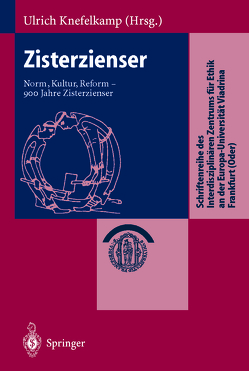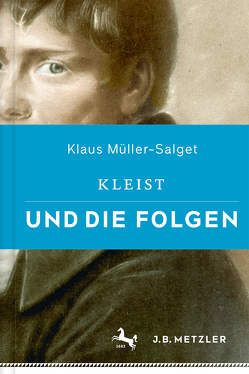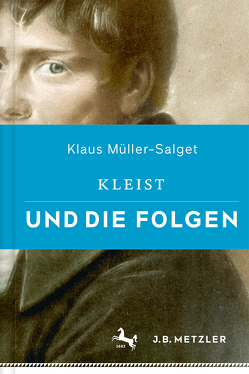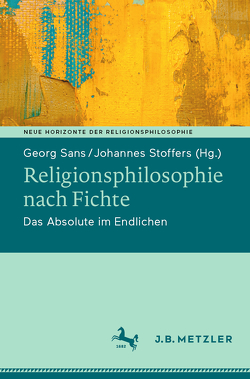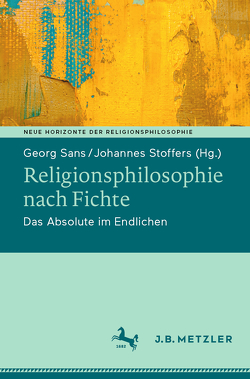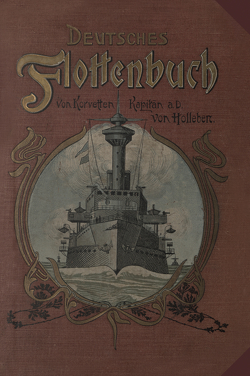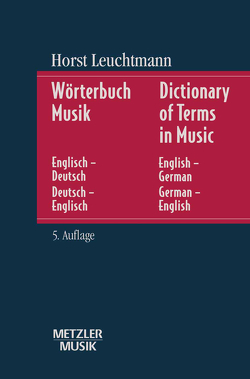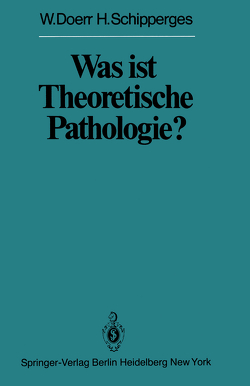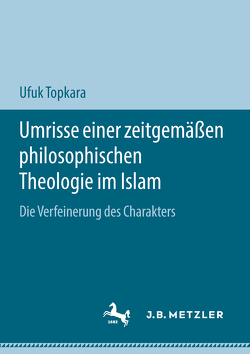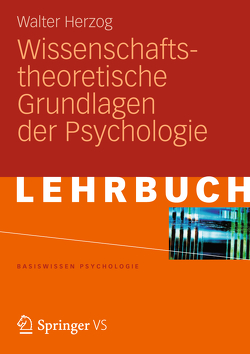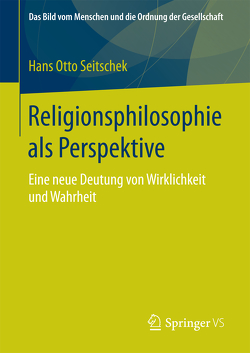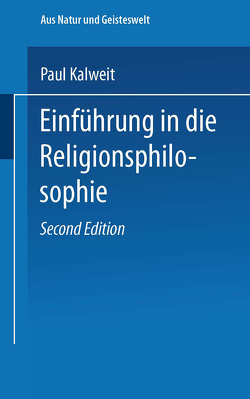Gesammelte Schriften
Band 10: Lehr-Sätze von der Atheisterey und dem Aberglauben mit gelehrten Anmerkungen erläutert. 2 Bände
Johann F Budde, Walter Sparn
Als Philosoph in Halle gehört Budde, neben Christian Thomasius, zu den führenden Vertretern der frühaufklärerischen Kritik an der Verpflichtung der Philosophie auf die aristotelische „Sekte“ und der Entwicklung der eklektischen, das eigene Urteil vorbehaltenden Methode der Philosophie. Dieses Programm realisierte Budde auf der Grundlage polyhistorischer Gelehrsamkeit und in der Absicht, zu weltkluger Moralität auszubilden. Als Eklektiker stand Budde in Opposition nicht nur zur bisherigen philosophischen, propädeutisch auf die Theologie bezogenen Scholastik, sondern bald auch (zumal als Theologe in Jena) zu Christian Wolffs systematischer, erneut auf metaphysische Totalität zielende Philosophie. Von dieser eine Zeitlang an den Rand gedrängt, hat Budde gleichwohl große Bedeutung für die Entwicklung der philosophischen Aufklärung in Deutschland, nicht zuletzt durch seine Schüler J. G. Walch und J. J. Brucker.
***
As a philosopher in Halle Budde was, alongside Christian Thomasius, among the leading representatives both of the early Enlightenment critique of philosophy’s obligation to the Aristotelian ‘sects’ and of the eclectic method of philosophy based on personal judgement. Budde set out to implement this programme on the basis of polyhistorical scholarship and with the aim of teaching a worldly-wise morality. As an eclectic, Budde was opposed not only to the previous philosophical scholasticism which had its propaedeutic basis in theology, but also (especially as a theologian in Jena) to Christian Wolff’s systematic philosophy with its renewed aim towards a metaphysical totality. Long sidelined by Wolff’s philosophy, Budde nonetheless is of great importance in the development of the philosophical Enlightenment in Germany, not least through his pupils J.G. Walch and J.J. Brucker.
